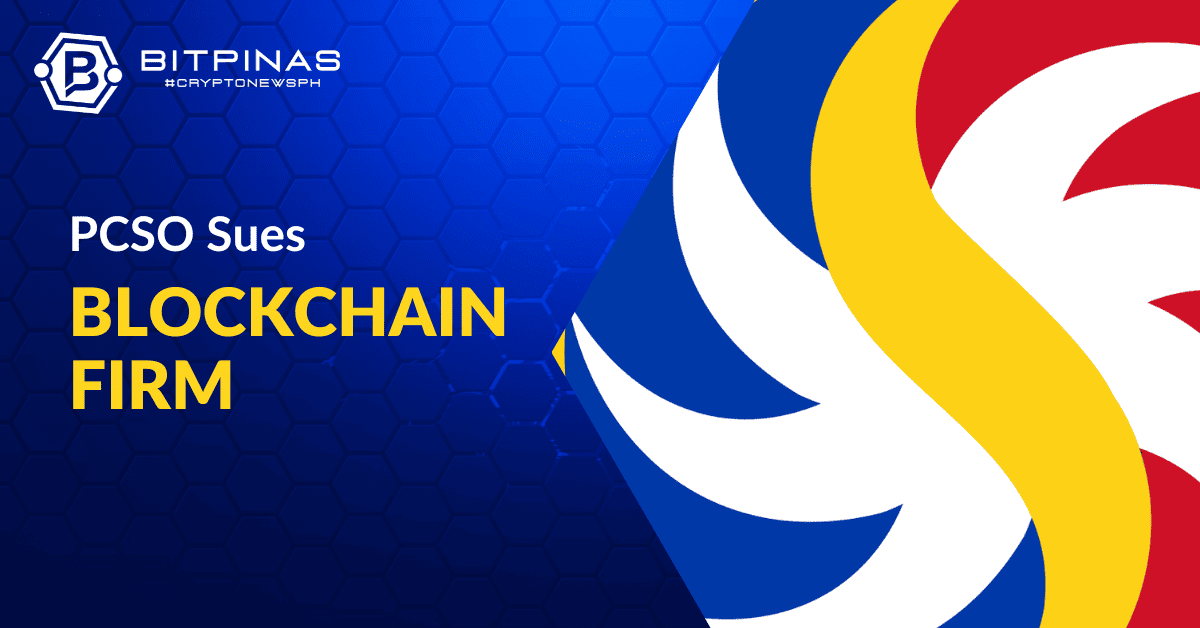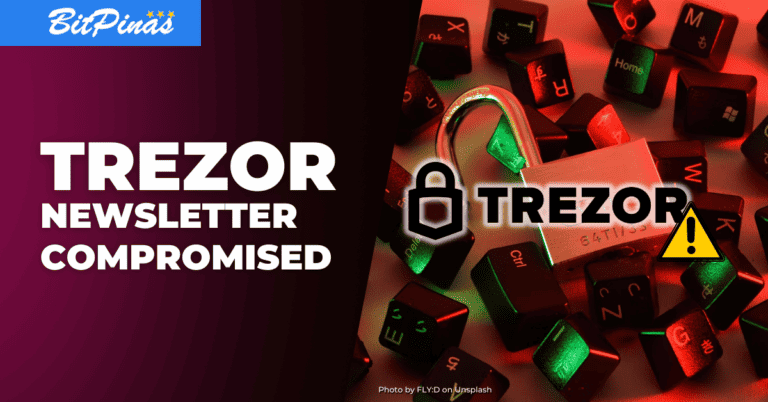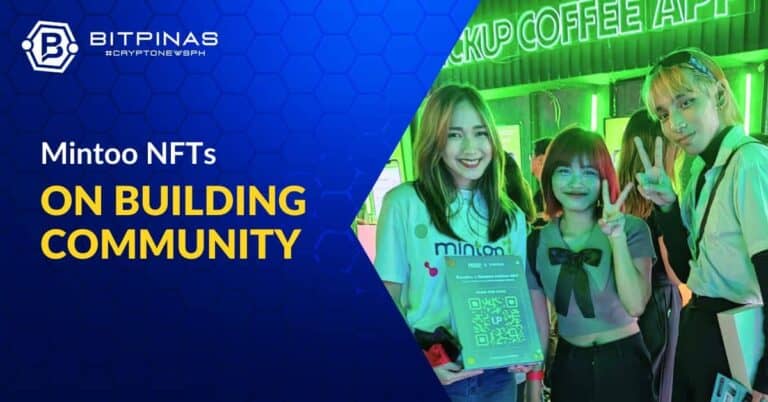PCSO Sues Blockchain Company for Running Illegal Online Lottery
The Philippine Charity Sweepstakes Office (PCSO) recently announced its intention to take legal action against four online lottery firms operating without authorization.

- Criminal complaints were filed after a National Bureau of Investigation (NBI) inquiry revealed that these firms, such as Eplayment, were soliciting bets at inflated prices through unauthorized mobile apps, including Pakilotto and Surelotto.
- Although Blockchain Smart-Tech and GlobalComRCI were seen as facilitators, they allegedly had an agreement to share revenue.
The Philippine Charity Sweepstakes Office (PCSO) recently announced its intention to take legal action against four online lottery firms operating without authorization.
PCSO Issue
On Monday, October 23, PCSO General Manager Mel Robles spearheaded the submission of charges for usurpation of authority and violations of Republic Act 1169 (Charity Sweepstakes, Horse Races, and Lotteries Act) and Presidential Decree 1602 (illegal gambling) at the Mandaluyong Prosecutor’s Office.
The charges are filed against Eplayment Corporation, Paymero Technologies Limited, GlobalComRCI International, and Blockchain Smart-Tech Co.I.T.Consultancy.
In a Facebook announcement, the department conveyed its dedication to upholding the integrity of government-approved lottery game outcomes.
Additionally, Robles highlighted that the PCSO is incurring substantial revenue losses in the billions of pesos due to the unlawful activities carried out by the individuals involved. Not only does the illegal lottery jeopardize the Agency’s revenue but it also erodes public trust in the legitimacy and fairness of its authorized games, he added.
“Hindi tayo nagbibiro. Kakasuhan at ipakukulong natin ang lahat ng may kaugnayan sa iligal na operasyong ito para mahinto na ang kalokohan nila,” Robles stated.
[Translation: We’re not joking. We will file charges and imprison anyone involved in this illegal operation to put an end to their mischief.]
Criminal complaints were filed based on a National Bureau of Investigation (NBI) inquiry that found these groups were behind Pakilotto and Surelotto, misusing the PCSO’s name and lottery games. They operated unauthorized mobile apps and websites to solicit bets. Robles stated that the gathered evidence from the investigation without a doubt confirms their illicit actions.
“The PCSO is fully committed to ensuring that those involved face the appropriate legal consequences for their actions,” he said.
NBI Investigation
The investigation found that Eplayment, operating through the ‘Pakilotto’ website, was taking bets from the public at an inflated price of 30 pesos per ticket, which is a 50% increase from the regular 20-peso lotto ticket.
Similarly, a mobile app called Surelotto was selling tickets online for 25 pesos, a 25% increase from the usual price. Smaller prize winnings were said to be directly deposited into the winner’s bank account, while jackpot prizes required in-person visits to the Surelotto office.
In addition, GlobalComRCI and Blockchain Smart-Tech partnered with Eplayment and the technology provider Paymero, using their software for processing payments and managing financial account information. NBI noted that while GlobalComRCI and Blockchain Smart-Tech were seen as facilitators, they allegedly had a revenue-sharing agreement.
Blockchain Use Case in the Government
The Philippine government is currently using blockchain technology through Project Agila, a pilot program for a wholesale central bank digital currency (CBDC) that was first introduced in April 2022. This is part of the Bangko Sentral ng Pilipinas’ efforts to improve the stability of the country’s payment system.
A CBDC is a digital currency regulated by the central bank, functioning like a digital counterpart to traditional national currency. Project Agila serves as a crucial step in exploring the possibilities and challenges of wholesale CBDCs, with insights gained during the pilot phase informing future CBDC projects and improving the efficiency and security of the national payment system.
Another use case is the Department of Budget and Management’s (DBM) “Project Marissa,” a blockchain-based initiative aimed at enhancing the security of budget-related documents. This project, led by Undersecretary Maria Francesca Del Rosario, is a cooperative endeavor between the Department of Budget and Management (DBM), Hacktiv, Bayanichain, and Microsoft Azure.
Further, in an effort to modernize its electoral system, the Philippine Commission on Election (COMELEC) also delved into the exploration of blockchain technology during this year’s National Election Summit. It organized a dedicated session called “Use of Blockchain Technology in the Automated Election System” with the aim of harnessing blockchain’s capabilities to improve transparency, security, and trust in the electoral process. The primary objectives included establishing an unchangeable and secure voting record to boost voter confidence and reduce paper consumption, aligning with the broader trend of digitizing elections.
- [Event Recap Part 1] Advantages of Blockchain in Automated Elections
- Blockchain Integration in Automated Elections: A New Era for Philippine Democracy? COMELEC Raises Concerns
This article is published on BitPinas: Is a Blockchain Company Involved in the PCSO Issue?
Disclaimer:
- Before investing in any cryptocurrency, it is essential that you carry out your own due diligence and seek appropriate professional advice about your specific position before making any financial decisions.
- BitPinas provides content for informational purposes only and does not constitute investment advice. Your actions are solely your own responsibility. This website is not responsible for any losses you may incur, nor will it claim attribution for your gains.
![Gail Macapagal, DynaQuest [PH 2019 Crypto & Blockchain Year in Review] 2 Gail Macapagal, DynaQuest [PH 2019 Crypto & Blockchain Year in Review]](https://bitpinas.com/wp-content/uploads/2019/12/2019-Blockchain-and-Crypto-Philippines-11-3-1-768x402.png)




